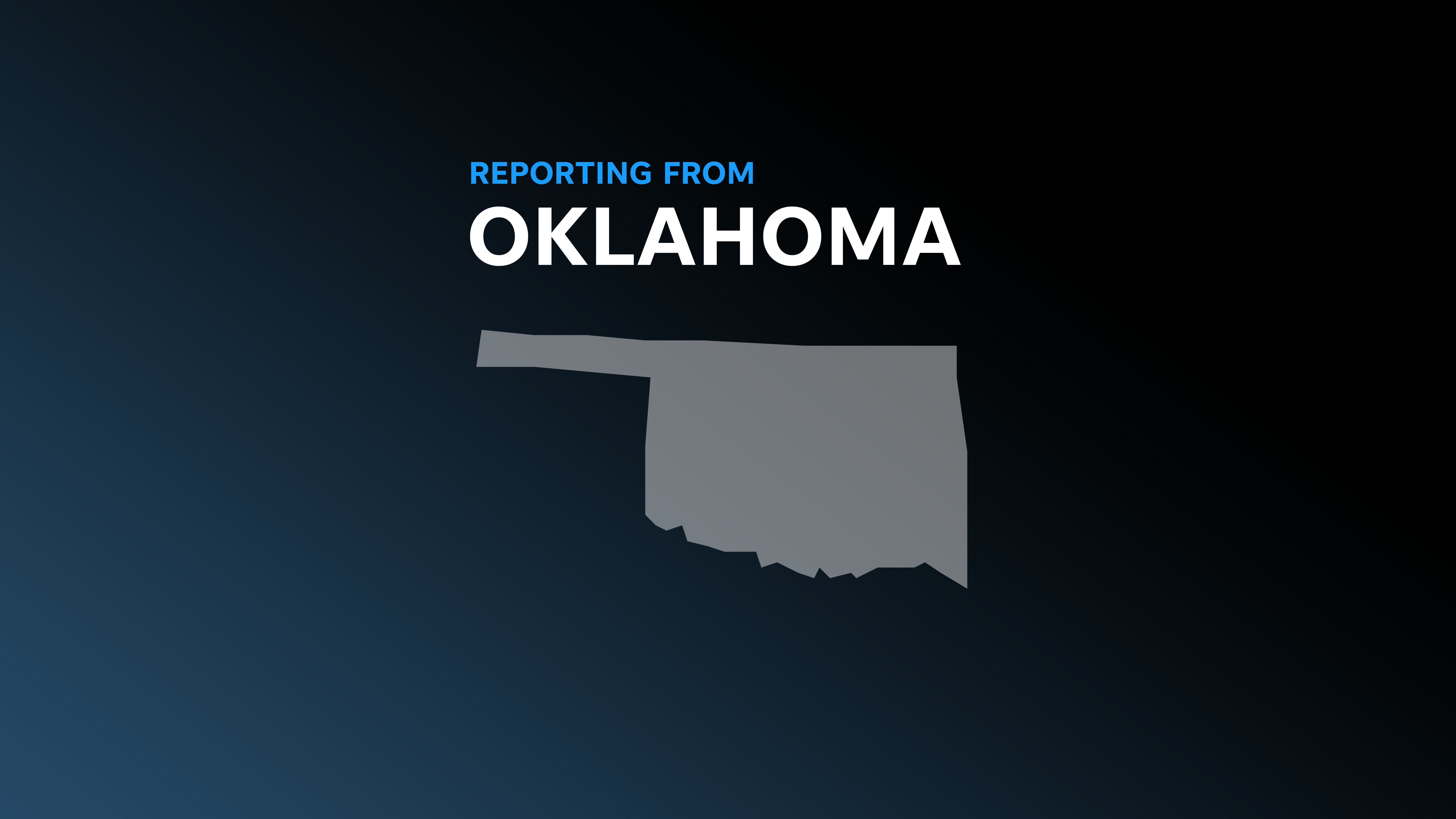

A 12-year-old boy from Oklahoma died this week after participating in a dangerous social media trend on TikTok, according to a local TV report.
The boy, who has not been identified, was found unresponsive by police late Monday in a breezeway of a Bethany, Oklahoma, apartment with ligature marks around his neck, according to KWTV-DT. He was taken to the University of Oklahoma Children’s Hospital and died the following day, police said, the television station reported.
Family members told detectives that the death is believed to have been caused by the boy’s participation in the “blackout challenge” on TikTok, according to KWTV-DT.
In the challenge, TikTok users choke themselves until they lose consciousness. As they regain consciousness, they experience a euphoria-like feeling, Bethany Police Lt. Angelo Orefice told WMUR.
Following the death, authorities warned parents about the dangerous trend and urged them to monitor their kids' social media activity.
“Now more than ever due to the lockdowns, kids are bored and looking to occupy their time," Orefice said in a news release, according to KWTV-DT. "Social media is a very influential part of a child’s life and should be heavily scrutinized by parents.”
The “blackout challenge” has been blamedfor multiple deaths involving adolescents this year. In June, 9-year-old LaTerius “TJ” Smith Jr. from Tennessee was found dead in his closet, his family said. And in March, 12-year-old Joshua Haileyesus from Colorado was found breathless on the bathroom floor, according to a GoFundMe made by his family.
'A global audience ... cajoling 24/7':A 12-year-old died after a TikTok 'Blackout' challenge. How social media is changing peer pressure.
'A bird flew on my face':Teen hit in the face by seagull while on amusement park ride
The “choking game,” a similar action to the “blackout challenge,” predates social media trends and has led to dozens of deaths, according to the U.S. Centers for Disease Control and Prevention. The CDC reported 82 deaths from 1995 to 2007 because of the “choking game.” Most victims were boys ages 11 to 16, the report said.
Social media challenges are especially attractive to adolescents, who look to their peers for cues about what's cool, crave positive reinforcement from their friends and social networks, and are more prone to risk-taking behaviors, particularly when they know they're being observed by those whose approval they covet.
"Kids are biologically built to become much more susceptible to peers in adolescence, and social media has magnified those peer influence processes to be much, much more dangerous than they were before," said Mitchell Prinstein, chief science officer at the American Psychological Association and author of "Popular: Finding Happiness and Success in a World That Cares Too Much About the Wrong Kinds of Relationships."
ParentsTogether, a national organization that brings parents together to address issues and current events regarding parenthood, issued a statement calling TikTok to regulate trends on the app that could be dangerous to children.
“With millions of young kids on TikTok, dangerous challenges can spread like wildfire and quickly turn tragic, as with the recent death of a 12-year-old boy in Oklahoma,” Justin Ruben, co-director of ParentsTogether, said in the statement.
Contributing: Alia E. Dastagir
Source link






